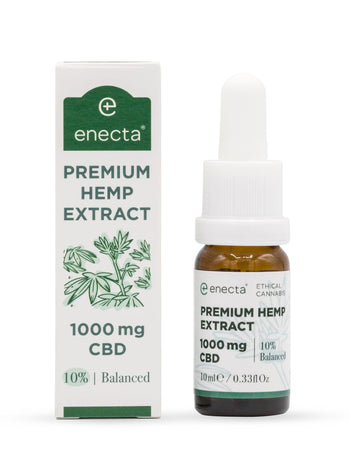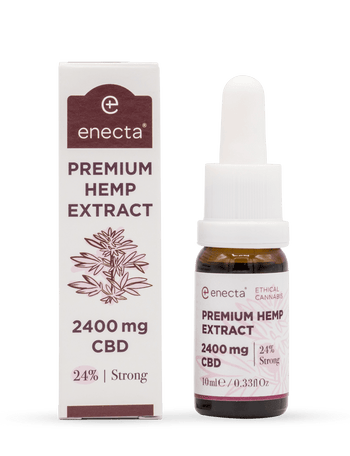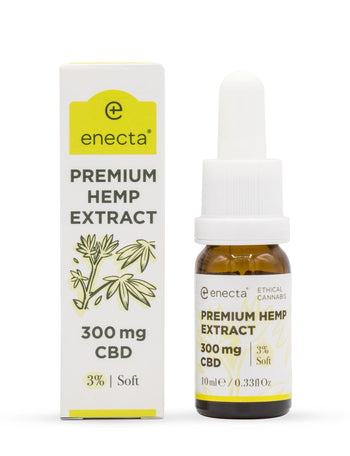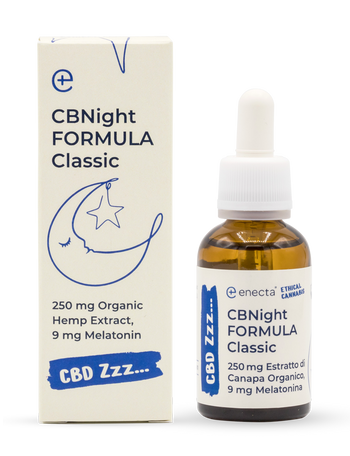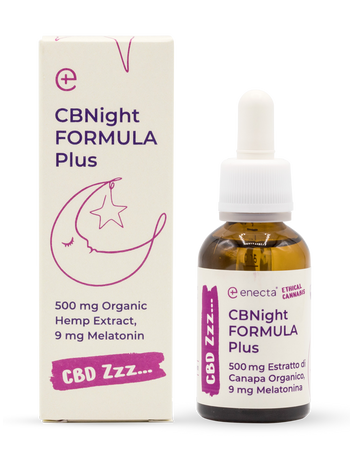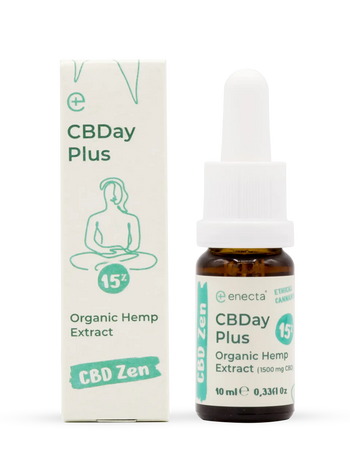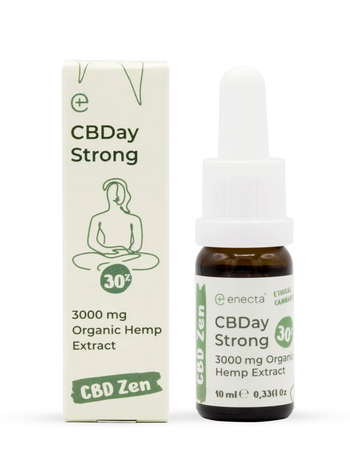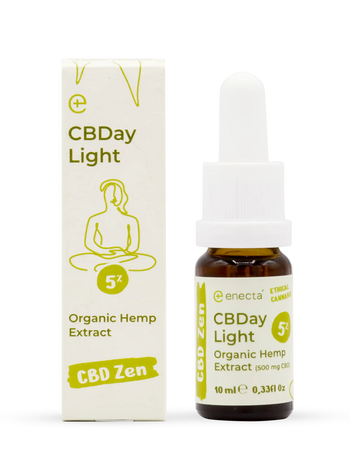Hemp is one of nature’s most versatile, yet misunderstood plants. A quick-grower, hemp can adapt to various climates, and its seeds may help reduce inflammation, lower blood pressure, and promote bowel movements. To add to hemp’s versatility, the plant can be used to make cloth, milk, cosmetics, rope, printer ink, detergents, soaps, among many other everyday items. Hemp seeds have a nutty flavor and their oil is the source of many health-boosting medicines.
Due to its association with cannabis, hemp is often confused with marijuana although they couldn’t be more different. While hemp is a variety of cannabis plant it contains less than 0.3% THC, so you don’t experience a high like you would with marijuana. Hemp is also used to create CBD oil which is a popular choice for those who prefer the medicinal benefits of the hemp plant but want to avoid the side effects associated with THC.
Let’s take a look at the long history of hemp and bust the stigma surrounding the invaluable crop.
How does hemp work?
Hemp contains chemicals that lower the blood pressure, slow down the heart rate, and increase the strength of the heartbeat. Hemp is also known to contain over 200 terpenes that work together to activate other compounds in the plant. Some studies suggest that terpenes may have the ability to adjust the overall strength of individual cannabinoids, like cannabidiol (CBD), improving the overall benefits of hemp.
Hemp production
There are three main types of hemp production, each using different seed varieties, equipment and overall techniques:
- Grain/seed
- Fiber
- CBD
A hemp plant can grow to a height anywhere from 4-15ft and up to 0.75 inches in diameter. Because of its similarities in leaf structure, hemp is frequently confused with marijuana which may contribute to many countries' reluctance to legalize its production. Those who can grow hemp legally claim it is incredibly low maintenance, growing at a vigorous pace, and requiring less water, agrochemicals, and fertilizers than other crops, such as corn.
When was hemp discovered?
Hemp cultivation dates back all the way to the beginnings of recorded history, however, there is no agreement on exactly where or when it first came about. It’s thought hemp originated as a food crop in ancient China and was an important fiber and textile plant. Later, it was recognised for its versatility in producing a wide range of products, including clothes, paper, and milk across the Asian continent. As a food crop, the hemp seed was a major grain of ancient China and its oil was extracted and used for frying food. But the seed wasn’t the only part of the plant used. The fruits, leaves and roots were also used for medicines and in some cases, as a hallucinogenic drug.
Hemp today
Nowadays, hemp is commonly used for its nutritional and medicinal qualities in two different forms:
-
Hemp seeds as food
Hemp seeds are, as the name implies, seeds, and are now considered part of the ‘superfood’ family and have an impressive nutrient profile, including:
- High protein
- Fibre, providing digestive support and supporting a healthy gut.
- Good source of vitamin E
Hemp seeds are also rich in gamma-linolenic acid (GLA) which has been linked to many benefits, including a healthy balance of omega-2 and omega-6 fatty acids. A recent study also discovered GLA has strong anti-inflammatory properties and the potential to improve several inflammatory conditions.
-
Hemp-derived CBD oil
Cannabidiol (CBD) is one of the cannabinoids found in hemp and has a long history of reducing inflammation. A recent study indicated the popularity towards the use of hemp-derived CBD rather than cannabis, though this find was unsurprisingly given the latter is still considered illegal in many parts of the world. Most participants reported positive results after taking CBD for alleviating inflammatory pain, improving mood and sleep, and general wellness. However, there are many more surprising benefits of taking CBD, including:
- Antipsychotic effects
- Substance abuse treatment
- Anti-tumor effects
- Diabetes prevention
In addition, there are lesser-known cannabinoids such as cannabigerol (CBG), also identified in hemp, that are now being investigated for their potential medicinal benefits. Currently, researchers have found promising benefits in CBG, including its effectiveness in treating glaucoma by reducing intraocular pressure. In another study, CBG was found to be effective in decreasing inflammation in bowel disease in mice. And perhaps most promising is CBG’s potential as a cancer fighter by blocking receptors that cause cancer cell growth.
Hemp-derived CBD oil promises remarkable health benefits, and as research is on-going, there are sure to be more therapeutic uses for the versatile and exciting plant. If this sounds like an option for you, there are many CBD oils and capsules available online to discover and work out what’s best for you and your needs.


























